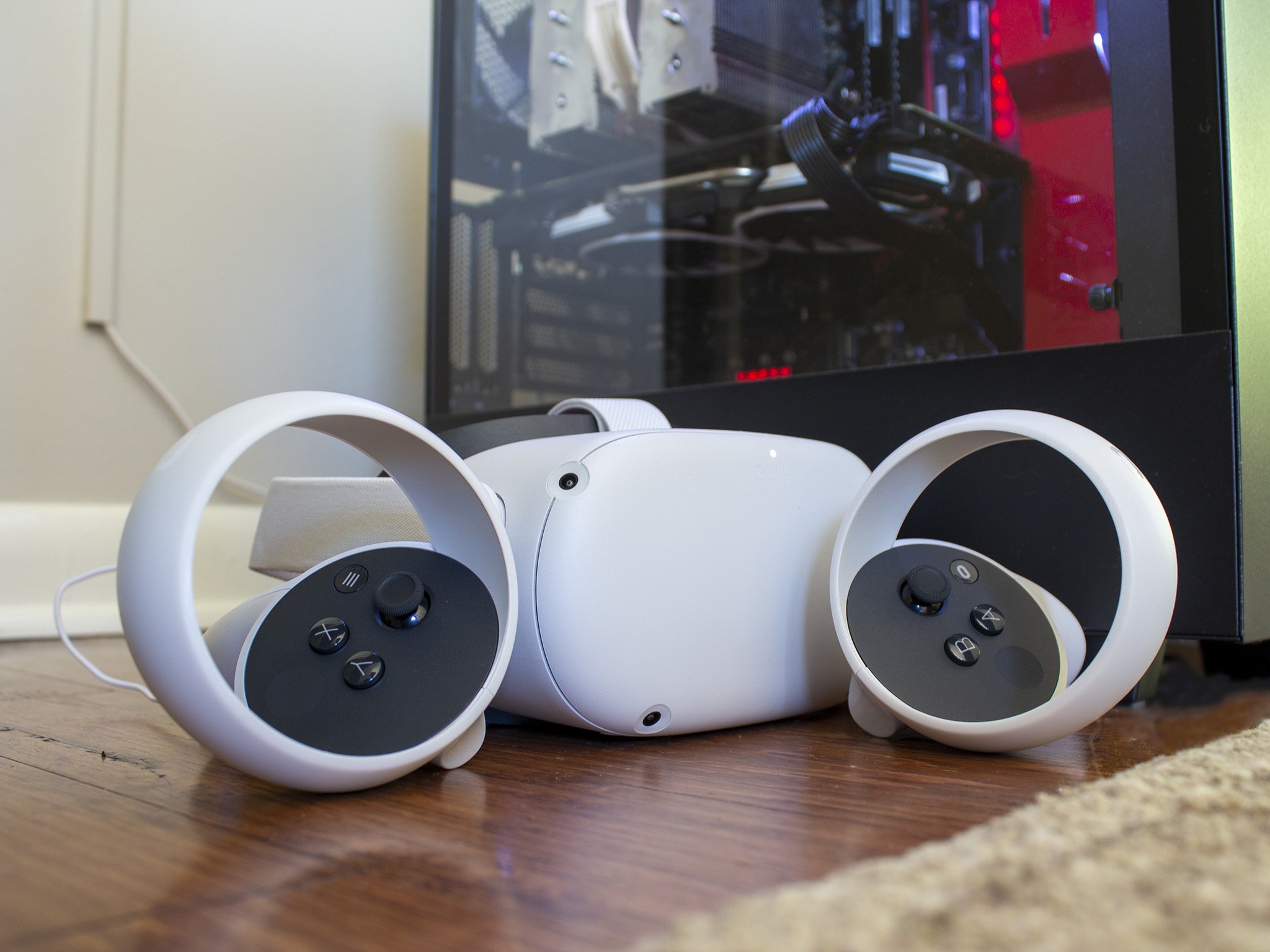VR preservationists and rooting fans, rejoice.
What you need to know
- Oculus CTO John Carmack tweeted on Friday that the company would release an "unlocked OS build for the Oculus Go."
- This will allow people to "repurpose the hardware" after Oculus stops providing official updates.
- The policy is specific to the Go for now, but would hopefully set a "precedent" for future VR hardware down the road, such as the Oculus Quest.
Try using an old video game console like an N64, and as long as the power source is intact, it'll work like it did decades ago. But with newer consoles and games, it's not always clear whether it will keep functioning properly once the developer stops supporting it. Once the manufacturer shuts down the servers for over-the-air (OTA) updates and store purchases, it limits the console's uses — especially for a digital-only console like the Oculus Go, which was discontinued in 2020 and will lose support after 2022.
This doesn't matter to most VR superfans, who, by now, have moved on to the Oculus Quest 2 and boxed their Gos up years ago. But for people who want the option to try something with the old headset years from now, Friday's news from Oculus Consulting CTO John Carmack is a blessing.
Carmack says that Oculus will "make available an unlocked OS build for the Oculus Go headset that can be side loaded to get full root access." This OS will ensure your Oculus Go is fully up-to-date for whatever games you own; more importantly, you can "repurpose the hardware" for whatever you want.
This opens up the ability to repurpose the hardware for more things today, and means that a randomly discovered shrink wrapped headset twenty years from now will be able to update to the final software version, long after over-the-air update servers have been shut down.
— John Carmack (@ID_AA_Carmack) September 24, 2021
For those of us who don't have the drive to root and ROM hack our devices, this may not mean much. But modders can use an unlocked Oculus Go for all sorts of cool uses that Facebook likely never envisioned when it launched in 2018. And as Carmack said in a reply tweet, he wants "the early days of VR [to be] explored as history," and this would let VR historians access the tech more easily years from now.
Will this apply to future (or past) Oculus devices, such as the Oculus Rift or Oculus Quest? Carmack tweeted that "I hope this is a precedent for when headsets go unsupported in the future, but damn, getting all the necessary permissions for this involved SO much more effort that you would expect." So there's no guarantee that it'll happen for current headsets, and it certainly won't happen until after these devices are no longer for sale.
For now, you can at least sideload Quest 2 apps or mod content on your Quest 2 fairly easily, so it's not a fully-restrictive ecosystem by any means. But there was certainly some initial controversy about the Facebook account requirement for using the Quest 2 — especially when that means a Facebook ban or deleted account would mean losing access to your entire gaming library.
Could a hypothetical, rooted Oculus Quest 2 let you play VR games without a Facebook account? We know that the Facebook login for Quest 2 is here to stay, and it seems unlikely Facebook will relax that restriction with time. But in theory, a deprecated-but-unlocked Quest 2 would let you use it for other purposes without Facebook, even if you can no longer access the best Oculus Quest 2 games.
Rooted access will have to wait, but this is a good sign that — with some prodding — Facebook is willing to support open access to old VR hardware down the line. The same applies to the company's recent move to OpenXR and backwards compatibility for older VR games on new hardware (like the Oculus Quest 3).
If you do have an Oculus Go and plan to take advantage of this, Carmack says that the unlocked OS build will likely be placed on the Oculus website, but that final distribution plans haven't been decided as of yet.
Facebook-only for now
Oculus Quest 2
From $299 at Amazon From $299 at Best Buy From $299 at Walmart
Sideloading still an option
You may get root access to the Oculus Go, but that 3DoF headset isn't exactly cutting-edge these days. For properly immersive VR with great motion controls and a wide range of games, the Oculus Quest 2 is your best bet — even if its OS is more restricted.
Source: androidcentral


